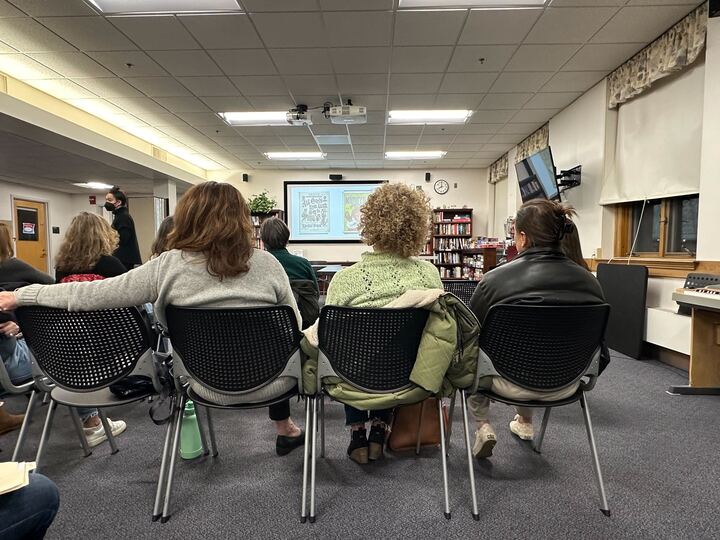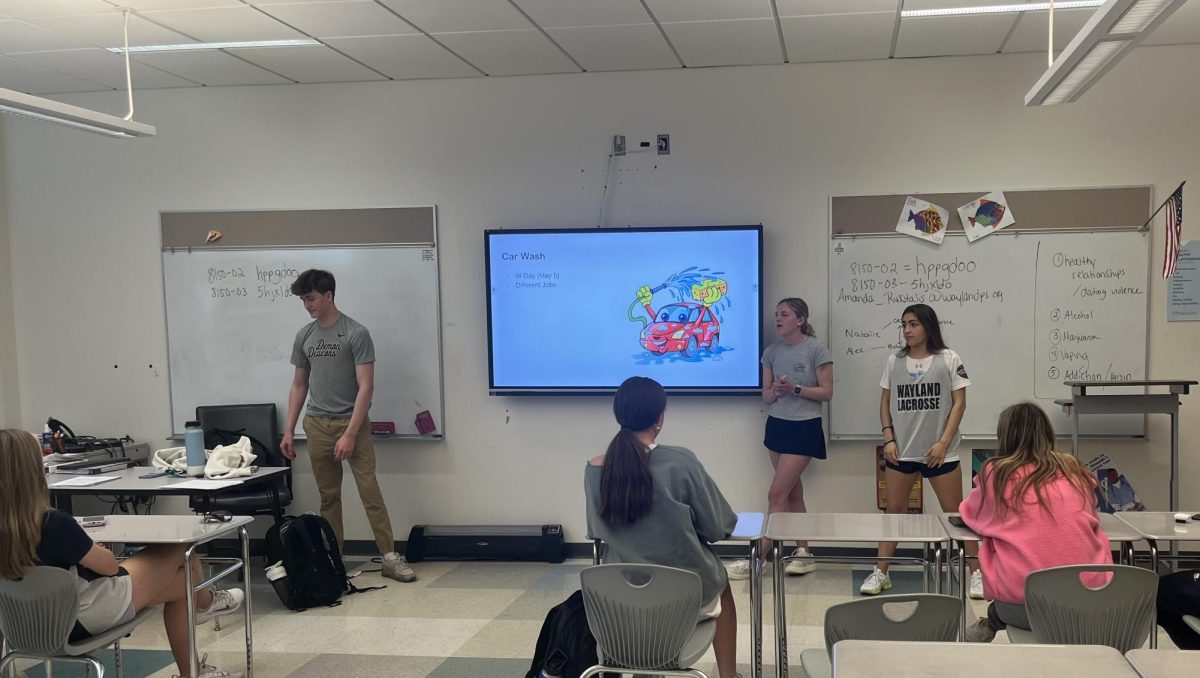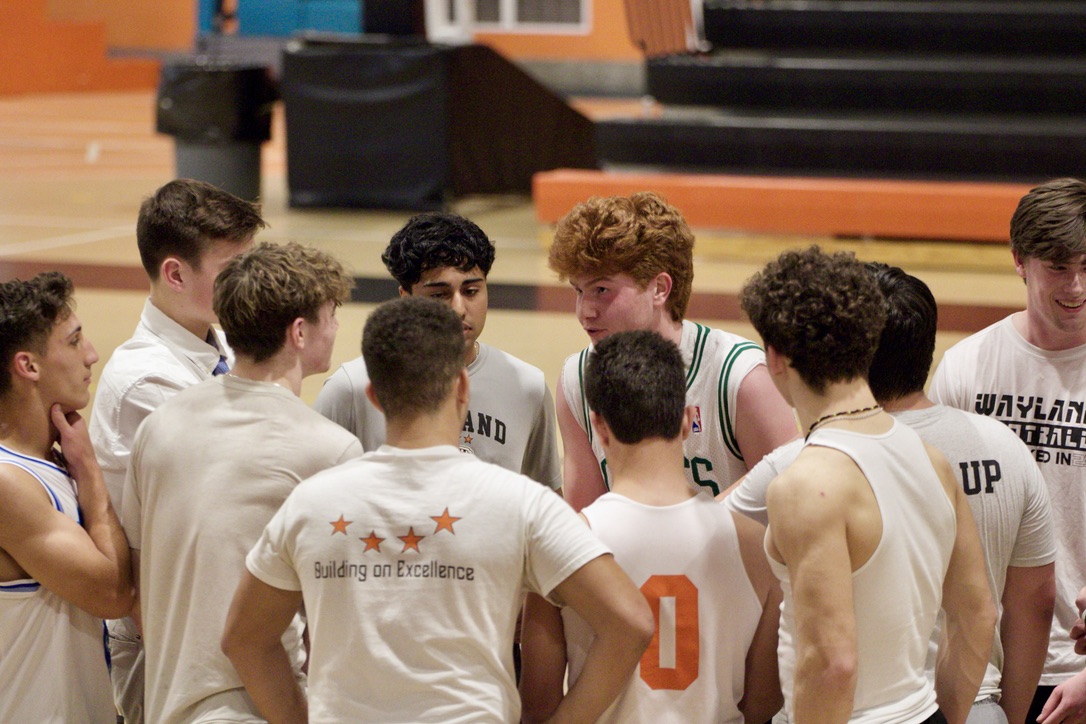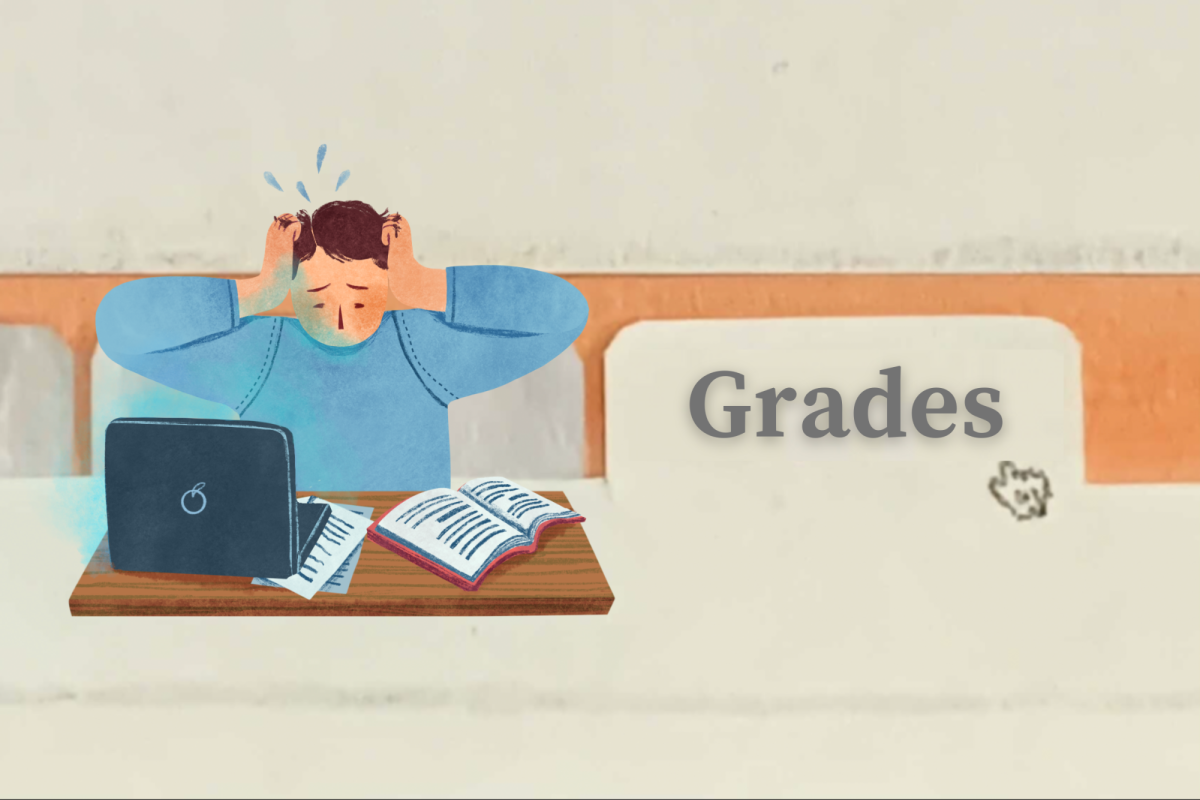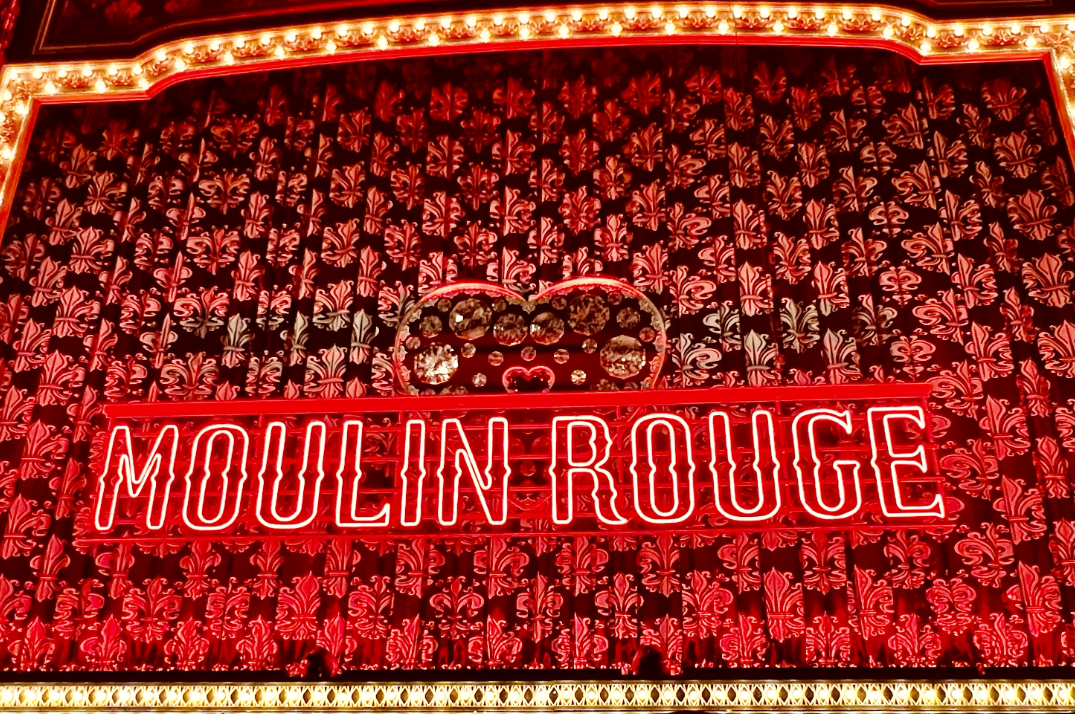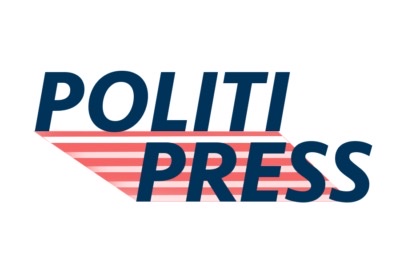It is said that politics stops at the water’s edge. Our partisan disagreements often do not carry over from domestic politics to foreign policy. Though this is partly due to the fact that many agree that the U.S. should present a united front to other countries, it is also because commentators on both sides of our political spectrum often agree on what is best for American interests on the world stage.
More often than not, the disagreements are in the details. Democrats and Republicans agree that an Iranian nuclear weapons program would threaten our national interest. Indeed, one of the few bills that passed the last Congress with overwhelming support from both parties was an Iranian sanctions act. Among mainstream wonks on both sides of the isle, differences only clearly come into focus when it comes to the toughness of anti-Iran measures.
Contrast this with the national health care debate, a situation where conservatives and liberals had (and continue to have) diametrically opposed understandings of the role of government.
Debate of American foreign policy therefore occurs within a relatively limited range. If the liberal versus conservative fights on health care, gay marriage, and other social issues range from black to white, then foreign policy debates range from light gray to a moderately lighter shade of gray.
However – and you knew there was going to be a however – the course of action best for the country on the international stage is sometimes less than clear. Sometimes, as was the case in the debate over whether or not to invade Iraq, foreign policy discussion ranges from not just black to white, but monochrome to rainbow.
Bahrain at a crossroads
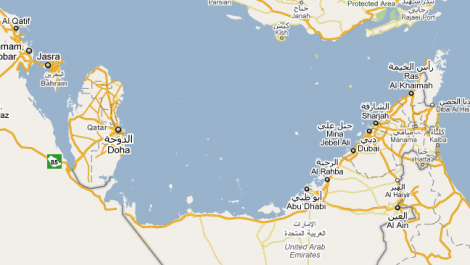
We are facing one such arbitrary situation today in the numerous revolutions springing up in the Middle East. While it is clear that Washington should support nascent democratic movements in countries that the U.S. has very little connection with, such as Tunisia and Libya, the best course of action with respect to our totalitarian allies is much less obvious.
Bahrain, particularly, is the most significant American ally in the region facing serious unrest right now. The Bahraini protests have been the largest in the Arab world, proportional to the total population; 100,000 showed up for recent demonstrations, out of a total population of only 500,000.
Though just a tiny island off the coast of Saudi Arabia, Bahrain and its King host our Navy’s strategically-important Fifth Fleet. The ships there maintain surveillance on Iran and protect the Strait of Hormuz, through which one-sixth of the world’s oil passes daily.
Thankfully, Bahraini anger has not been directed at the United States… yet, but who knows what could happen if the King is overthrown? Bahrain, like Iran, is majority Shiite and has the potential to quickly fall under Iranian sway.
Even more dire, if we were to refuse to steadfastly back the Bahraini government and it falls, unrest could spill over to neighboring Saudi Arabia. Oil and gasoline prices could spike dangerously high.
The American nationalist / foreign policy realist in me sees the choice between supporting the revolutionaries and supporting the status quo clearly: losing Bahrain would be unacceptable.
Yet, I cannot manage to convince myself that this is right course. It’s the videos of jubilant protesters, only a few years older than me; it’s the images of the bruises and the blood-stained shirts from police brutality; it’s the hope that maybe, just maybe, a Bahraini revolution could be good for America.
In all honesty, I have not been able to convince myself that either supporting the regime or supporting the protesters is the right approach. As always, I would love to hear your opinion in the comments section.
By the time you are reading this, the Bahraini government may well have fallen. But that’s not the point. Is supporting these dictatorships, in general, the right thing to do? And, more importantly: is there something greater than the national interest at stake here?





